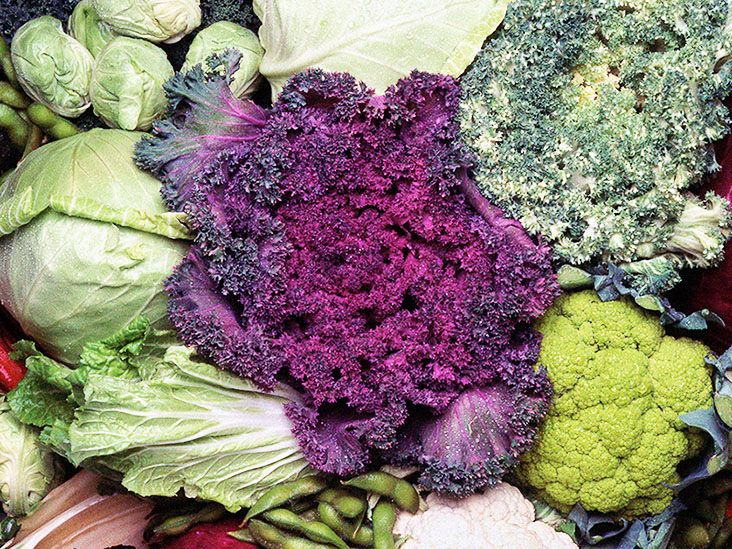Choline is a crucial nutrient that plays a significant role in heart health and brain function. It can be found in a variety of foods such as whole eggs, soybeans, and cruciferous vegetables. Recent research indicates that moderate choline intake may lower the risk of developing atherosclerotic heart disease. It is suggested by experts to obtain choline through whole foods rather than supplements and incorporate other lifestyle changes to reduce the risk of heart disease. Cardiovascular disease, specifically atherosclerosis, is the leading cause of death in the United States, with factors like high blood pressure, diabetes, and metabolic syndrome being well-known contributors.
The role of specific dietary components, like choline, in the development of atherosclerotic cardiovascular disease has been less clear. However, observational studies have pointed towards a potential link between higher choline intake and a reduced risk of cardiovascular disease. A recent observational study aimed to clarify the connection between choline intake and atherosclerotic cardiovascular disease in U.S. adults. The study also looked at how choline intake affected metabolic syndrome and its risk factors, which are known contributors to heart disease. The study involved analyzing data from over 5,000 American adults collected through the NHANES survey between 2011 and 2018.
The study results indicated that moderate choline intake was associated with a lower risk of atherosclerotic cardiovascular disease. However, there was no significant association found between choline intake and metabolic syndrome. The optimal heart health benefits from choline intake seem to occur at specific levels, with both too little and too much being less beneficial. Daily choline intake of around 244 milligrams for women and 367 milligrams for men appeared to provide heart health benefits. While these amounts are lower than the recommended daily intake by the National Institutes of Health, they seemed to offer benefits in terms of heart health.
Experts recognize the potential for adequate choline intake to support heart health and disease prevention, despite mixed study results. The study emphasized the importance of obtaining choline through a balanced diet that includes a variety of choline-rich foods. Recommendations include foods like whole eggs, fish, dairy products, organ and red meat, nuts and seeds, whole grains, cruciferous vegetables, and legumes as excellent sources of choline. It is advised to focus on consuming more lean protein and plant-based dietary choline sources rather than animal-based foods high in saturated fat to increase choline intake.
Incorporating a well-balanced heart-healthy diet along with other established measures such as regular exercise, avoiding smoking, managing cholesterol and triglyceride levels, and preventing obesity are crucial for overall heart health. While the study contributes valuable insights into the potential benefits of moderate choline intake for heart health, further controlled trials with better determination of dietary choline intake and more specific analysis of disease outcomes are necessary. Researchers and experts stress the importance of adopting a comprehensive approach that includes a healthy diet, regular physical activity, and lifestyle modifications to reduce the risk of cardiovascular disease.


